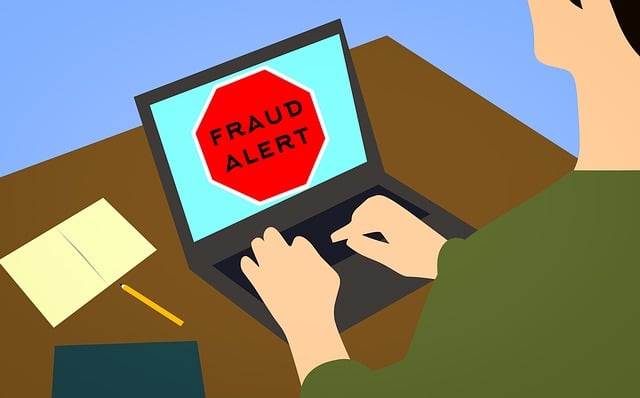In an increasingly digital world, where online interactions and transactions have become integral to daily life, the threat of scams looms large. Cybercriminals are continually evolving their tactics to deceive and exploit unsuspecting individuals. Whether it’s phishing emails, fake websites, investment schemes, or identity theft, staying vigilant and informed is crucial to safeguarding oneself against online scams. This article provides practical tips and strategies to help identify and avoid scams in 2024.
Understanding Common Types of Online Scams
- Phishing Scams: Phishing involves fraudulent attempts to obtain sensitive information such as usernames, passwords, and credit card details by masquerading as a trustworthy entity. These scams often come in the form of emails, text messages, or websites that appear legitimate but are designed to steal personal information.
- Fake Websites and Online Shopping Scams: Scammers create fake websites that mimic legitimate online stores to trick consumers into making purchases for goods or services that either don’t exist or are significantly different from what was advertised. They may also lure victims with enticing offers or discounts to steal payment information.
- Investment and Financial Scams: These scams promise high returns with little risk, often targeting individuals seeking investment opportunities or financial advice. Fraudulent schemes may involve cryptocurrency investments, Ponzi schemes, or fake trading platforms designed to steal money or sensitive financial information.
- Tech Support Scams: Scammers impersonate tech support representatives from reputable companies, claiming that your device is infected with malware or experiencing technical issues. They persuade victims to provide remote access to their computers or purchase unnecessary software or services.
- Romance Scams: Perpetrators create fake online personas on dating websites or social media platforms to establish romantic relationships with the intention of exploiting victims emotionally and financially. They may request money for various reasons or attempt to gain access to personal information.
Tips to Identify and Avoid Online Scams
- Verify Website Authenticity: Before making online purchases or entering sensitive information, verify the legitimacy of websites. Look for HTTPS encryption, contact information, customer reviews, and trust seals from reputable security providers.
- Be Cautious of Unsolicited Communication: Avoid clicking on links or downloading attachments from unsolicited emails, text messages, or social media messages, especially if they ask for personal information or financial details. Verify the sender’s identity and contact the organization directly through official channels if in doubt.
- Scrutinize Investment Opportunities: Research thoroughly before investing in financial opportunities or cryptocurrency schemes. Beware of promises of guaranteed high returns or pressure to invest quickly. Verify the legitimacy of investment platforms and consult with a trusted financial advisor if needed.
- Protect Personal Information: Be mindful of sharing personal or financial information online, especially on social media platforms. Use strong, unique passwords for accounts and enable two-factor authentication for added security.
- Stay Informed and Educated: Keep up with the latest scams and cybersecurity threats by staying informed through reputable sources such as cybersecurity websites, news articles, and official government websites. Awareness of common tactics used by scammers can help you recognize warning signs early.
- Use Security Software and Updates: Install reputable antivirus software and keep it updated to protect against malware and phishing attempts. Regularly update operating systems, browsers, and apps to patch security vulnerabilities.
Reporting Suspected Scams
If you encounter or suspect an online scam, report it to the relevant authorities or platforms immediately. Here are some steps to consider:
- Report to Law Enforcement: Contact local law enforcement agencies or consumer protection authorities to report fraudulent activities or financial crimes.
- Report to Financial Institutions: Notify your bank or credit card issuer if you suspect unauthorized transactions or identity theft.
- Use Reporting Tools: Platforms such as social media networks, online marketplaces, and financial regulators often have reporting tools for fraudulent activities. Utilize these tools to alert them and protect other users.
Conclusion
Navigating the digital landscape safely requires awareness, vigilance, and proactive measures to protect against online scams. By understanding common tactics used by scammers, verifying the authenticity of websites and communications, safeguarding personal information, and staying informed about cybersecurity threats, individuals can mitigate the risk of falling victim to online scams in 2024 and beyond. Empower yourself with knowledge and adopt cautious habits to ensure a secure online experience. Together, we can work towards a safer digital environment for all users.
